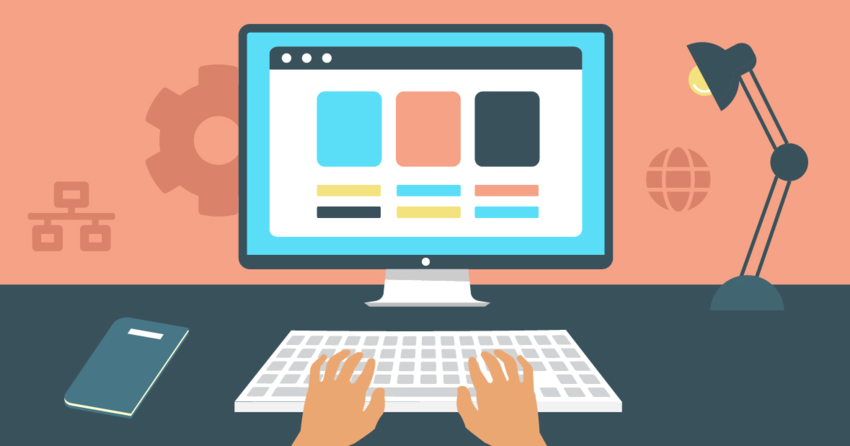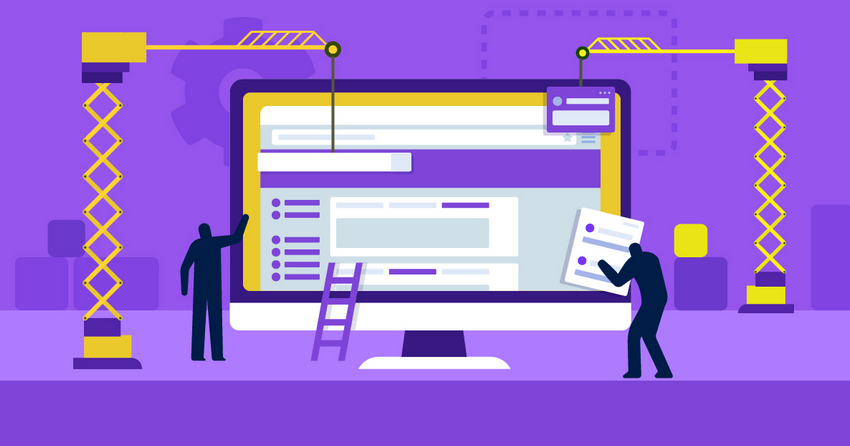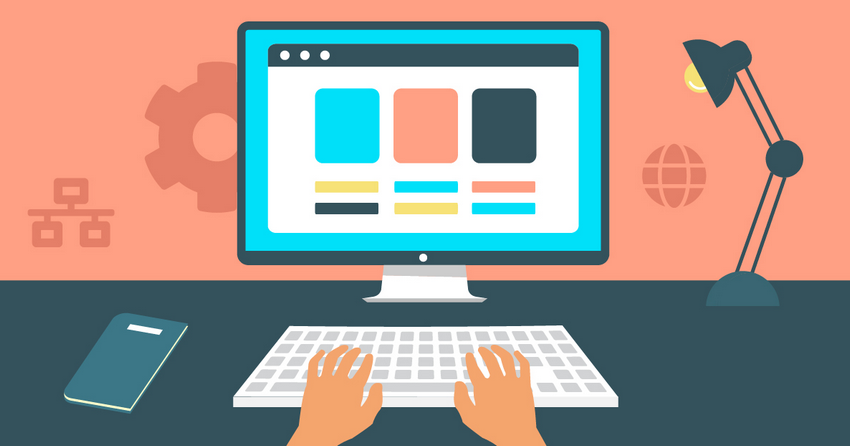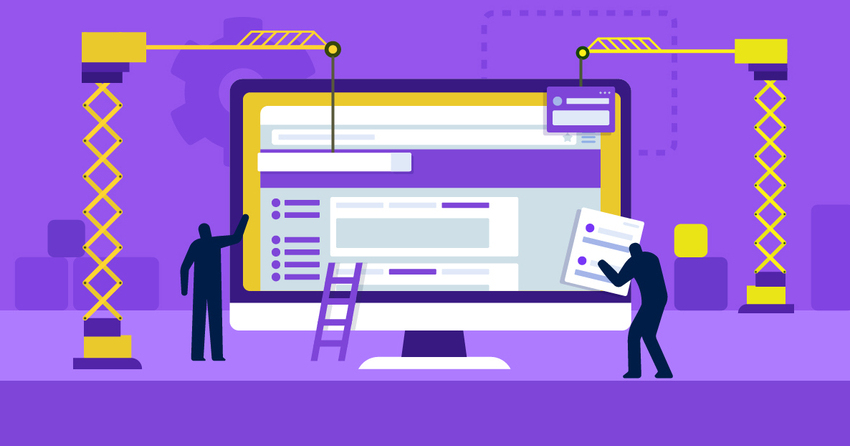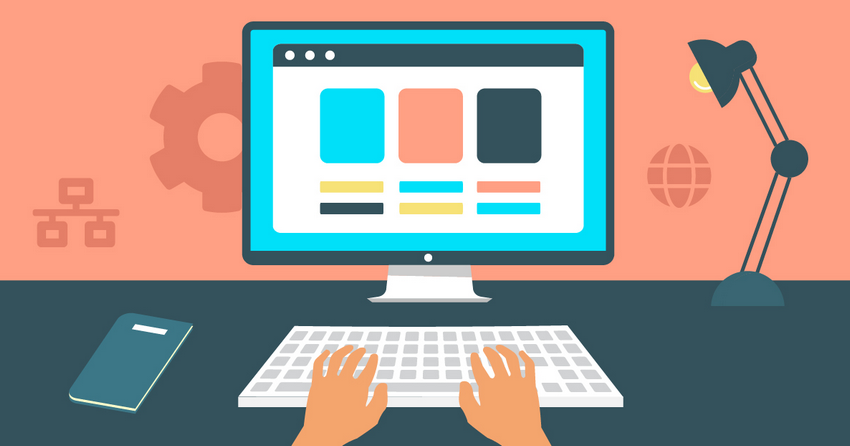Short on Time? These Are the Best Enterprise E-commerce Platforms in 2025
- Shopify – Dedicated enterprise e-commerce platform with a comprehensive POS system.
- Wix – Intuitive drag-and-drop editor that provides a high level of customization.
- BigCommerce – Advanced e-commerce features for global B2B enterprises.
What We Look For in the Best Enterprise E-commerce Platforms
During my tests, I focused on specific features crucial for enterprise e-commerce platforms to ensure they meet the complex needs of large businesses. Here are the top five features I prioritized:- Scalability. My recommended platforms can handle high traffic and transaction volumes without slowing down, allowing your business to grow without technical limitations.
- Global operations management. I evaluated platforms that support multi-currency, multi-language, and cross-border logistics, enabling you to operate effectively in international markets.
- Ability to manage multiple storefronts. Most of the platforms on my list let you oversee multiple storefronts from a single dashboard, making it easier to manage diverse brands or regional offerings.
- Integration capabilities. I prioritized platforms that easily integrate with your custom-built tools, existing systems, and third-party applications. This would help ensure smooth operations and data flow across your business ecosystem.
- Top-tier security and data control. I tested for advanced security measures and granular data control, ensuring your sensitive information is protected and compliant with global standards.


Try Shopify FREE for 3 days, then only $1.00/month for 3 months!
Limited-time offer - Don't miss it!
Features
- Advanced analytics. Shopify offers built-in reports that cover every aspect of your business, from sales and customer acquisition to conversion tracking and product performance. It also integrates with Google Analytics and other third-party tools to dig even deeper into your business metrics.
- Support for global operations. With Shopify, you can create localized versions of your store that cater to different regions with the correct currency, language, and tax regulations.
- Robust security features. Shopify comes with built-in PCI DSS Level 1 compliance, meaning that your site meets the highest security standards for processing credit card transactions. The platform also includes advanced fraud detection tools and 256-bit SSL encryption, which ensures that your customers’ data is always protected.
- Dedicated customer support and account management. When you’re operating at an enterprise level, downtime or technical issues can cost you big. Fortunately, Shopify provides 24/7 priority support from a dedicated team of experts. You also get a dedicated account manager who can offer strategic advice specific to your business needs.
| Security features | Level 1 PCI DSS compliant, TLS certificate, two-step authentication, fraud prevention, passkey authentication |
| Support for multi-channel selling | Social media (Facebook, Pinterest, Instagram, TikTok, and YouTube), online marketplaces, POS, cross-selling, Google |
| Multi-store support | ✔ (built-in) |
| Starting price | $29.00 |

Save up to 50 % on your Wix plan!
Sign up for an annual plan and enjoy the savings.
Plus get a free custom domain for 1 year!
Features
- Enterprise-grade security. Wix secures your data and customer information with advanced encryption, multi-layered protection, and real-time monitoring.
- Customizable scalability. As your business grows, Wix is designed to scale with you. You can handle thousands of products, traffic spikes, and large volumes of orders without worrying about performance drops.
- Comprehensive analytics and reporting tools. Wix gives you insights into visitor behavior, sales trends, and overall performance. This way, you know what’s working and what needs improvement.
- AI-powered website. Wix’s AI tools can assist you in the website creation process. These tools include an AI text creator for generating relevant content and AI-powered SEO tools, which optimize your site’s content to improve search engine rankings.
| Security features | Compliant with PCI DSS Level 1, GDPR, CCPA, LGPD. Data encryption using HTTPS, TLS 1.2 and above, and SSL. 24/7 real-time monitoring and two-step verification. |
| Support for multi-channel selling | Social media (Facebook, Instagram, and TikTok) and online marketplaces (Amazon, eBay, Wish, and Google Merchant Solutions) |
| Multi-store support | ✔ (via an app) |
| Starting price | $17.00 |

3. BigCommerce: Advanced Features and Ideal for Global B2B Enterprises
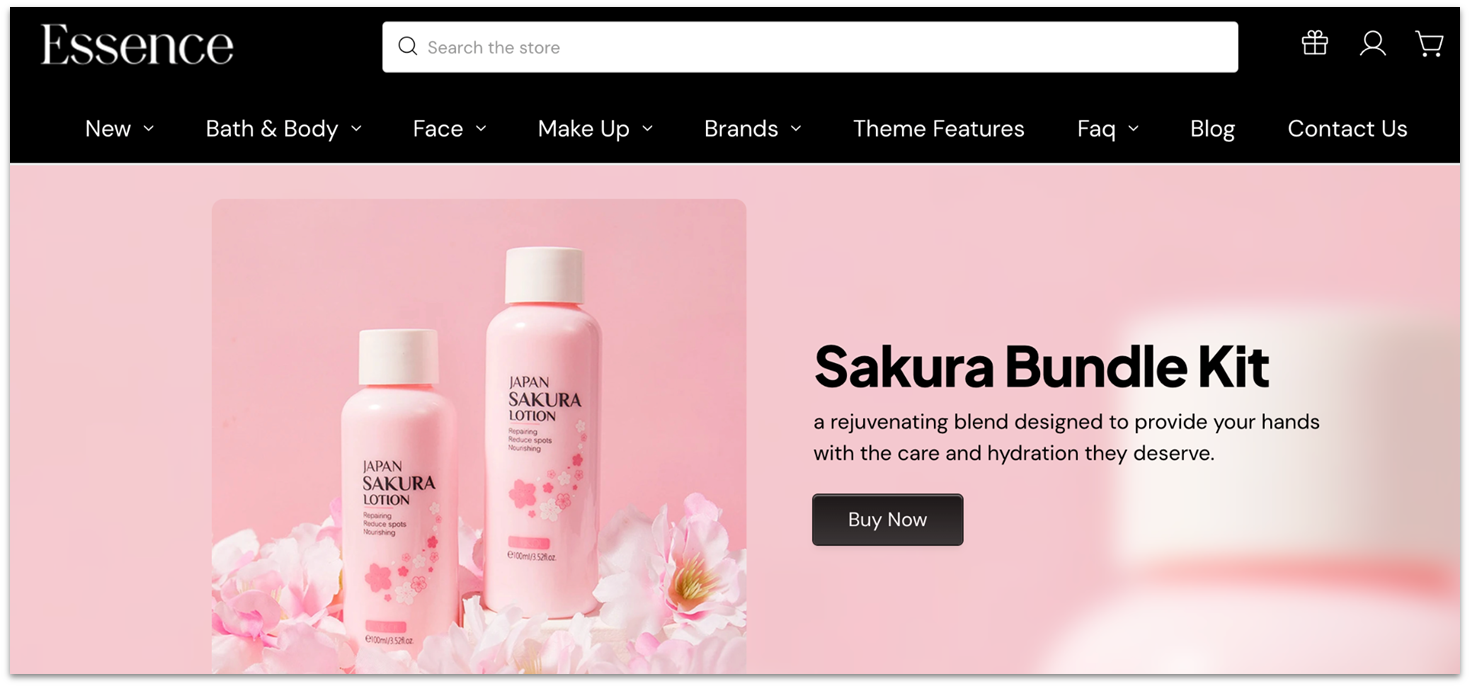


Save up to 25 % on your BigCommerce plan!
Limited-time offer - Don't miss it!
Features
- High Availability (HA) infrastructure. BigCommerce provides 99.99% uptime, resiliency, and performance. In fact, the platform has delivered 100% uptime during every cyber week since 2016 and 99.98%+ since 2009.
- API-driven architecture. From 20,000 API calls per hour to unlimited, BigCommerce allows you to connect your ERP, PIM, CRM, or any other enterprise software seamlessly. It also offers a robust range of APIs – from Catalog API to Shipping API – which means you can deeply customize your site’s functionality, automate business processes, and offer unique customer experiences.
- Top-notch security. BigCommerce is fully PCI DSS Level 1 certified, which is the highest standard for e-commerce security. Beyond PCI compliance, BigCommerce also offers features like automatic fraud detection tools, secure payment gateways, and multi-factor authentication for admins.
- Headless commerce capability. Headless commerce decouples the front-end customer experience from the back-end e-commerce functionality. This enables your marketing and development teams to create unique, fast, and flexible shopping experiences without being tied to the constraints of a traditional e-commerce platform.
| Security features | PCI DSS compliance, SSL certificates, two-step authentication |
| Support for multi-channel selling | Not built-in, would require apps like Feedonomics to sell on social media platforms and marketplaces |
| Multi-store support | ✔ (built-in) |
| Starting price | $29.00 |

Features
- Squarespace Blueprint AI. Squarespace’s Blueprint AI feature is a powerful tool for enterprises looking to maintain their unique brand identity. You can fully customize your website’s template from scratch, which is critical when pre-designed templates don’t fit your specific needs.
- Acuity Scheduling tool. This tool is a game-changer for enterprises that rely on client appointments or bookings. It allows you to automate your scheduling process, so you can offer real-time appointment availability in multiple time zones and send out reminders and follow-ups.
- Create localized versions of your site. For enterprises that want to scale internationally, Squarespace allows you to create multiple language versions of your site. You can tailor the content, currency, and region-specific product offerings based on your market needs.
- Great customer support. Most enterprises cannot afford downtime, so it’s great that Squarespace offers live chat, email support, and a community forum. This way, you have multiple ways to resolve issues quickly.
| Security features | PCI DSS compliance, SSL certificates, two-step authentication, DoS protection, 24/7 security monitoring for vulnerabilities |
| Support for multi-channel selling | Social media (Facebook and Instagram) and Amazon (via Amazon blocks) |
| Multi-store support | ✔ (built-in) |
| Starting price | $16.00 |
5. HubSpot: The All-In-One CRM for Enterprise E-commerce

Features
- Advanced segmentation and email marketing. With HubSpot’s advanced segmentation, you can easily manage massive contact lists, ensuring that the right message gets to the right people. What’s more, the platform allows you to A/B test your emails at scale, so you can continuously optimize open and click-through rates.
- Sales automation. HubSpot lets you automate things like follow-up emails, deal tracking, and task creation, ensuring that your sales team can focus on what matters most – closing deals.
- Hierarchical team management. This functionality is vital for large organizations with multiple departments and global teams. It allows you to set up a hierarchy of teams with varying permissions and access levels. You can assign teams to specific regions or roles and control what data each team can access.
- Third-party integrations. HubSpot’s App Marketplace offers over 1,500 apps, providing you with a wide range of tools to enhance your CRM, marketing, and sales functions.
| Security features | SSL certificates, DDoS protection, SOC 2 Type 2 certified, activity logging |
| Support for multi-channel selling | Social media (Facebook, Instagram, and LinkedIn) |
| Multi-store support | ✘ |
| Starting price | $20.00 |
6. Ecwid: Most User-Friendly E-commerce Platform With Enterprise-Level Solutions

Features
- Priority support. Ecwid provides priority support for clients on the Unlimited plan. When you’re running an e-commerce business at scale, issues that interrupt your site’s functionality can cost thousands in lost revenue. Having priority access to customer support means you can resolve these issues fast.
- White-labeling. Ecwid allows you to create an on-brand shopping experience without any indication that you’re using a third-party platform. From the customer’s perspective, the entire shopping journey feels smooth and branded.
- High-level API integrations. This is great if your enterprise needs flexibility and customization. You can tie Ecwid into your existing systems, whether that’s a custom CRM or an ERP system, giving you seamless data flow across platforms.
- Automated tax calculations. Manually managing taxes is not only a headache but also a risk if done incorrectly. Ecwid’s automated system ensures you stay compliant with ever-changing tax laws across regions, which means fewer errors and reduced risk of penalties.
| Security features | PCI DSS compliance, two-step authentication, fraud prevention |
| Support for multi-channel selling | Not built-in, would require apps like Channable to sell on social media platforms and marketplaces |
| Multi-store support | ✔ (built-in) |
| Starting price | $25.00 |
Other Notable Enterprise E-commerce Platforms
7. SITE123

8. Webador
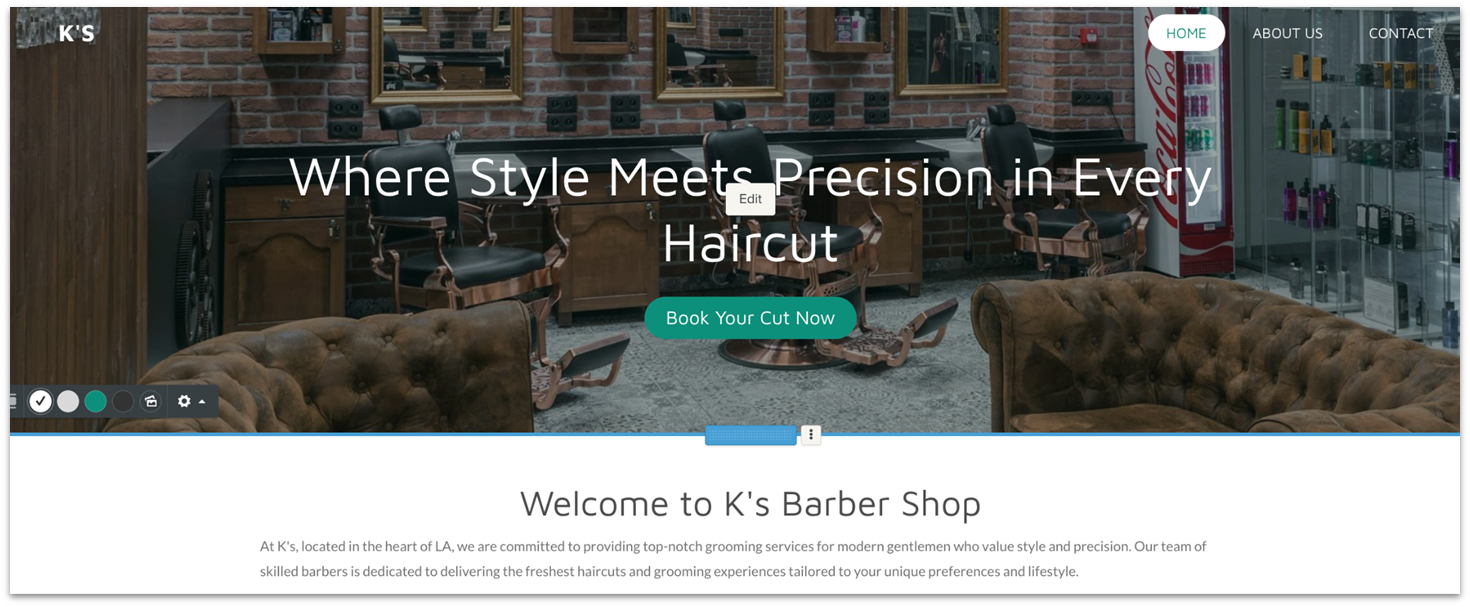
9. IONOS Website Builder

10. WooCommerce

These Are the Best Enterprise E-commerce Platforms
Choosing the right enterprise e-commerce platform is crucial for handling high traffic, complex operations, and delivering a seamless customer experience. Here are my top recommendations to guide you toward the best choice for your business: If you’re looking for a scalable solution with seamless multi-channel integration, Shopify is my top recommendation. It gives you powerful global selling features and a POS system, making it perfect for businesses handling large volumes of transactions across both online and physical channels. If customization and ease of use are your main priorities, consider Wix. Its intuitive drag-and-drop editor and robust integrations are great for enterprises that want a tailored, no-fuss experience without sacrificing flexibility or security. Or, if you need a solution designed for B2B operations with a focus on global scalability, go with BigCommerce. It gives you everything you need for managing complex product catalogs and high-order volumes, plus the added benefit of headless commerce capabilities.| Free Plan | Best Feature | Best For | Starting Price | ||
| Shopify | ✘ | Globally distributed servers that can handle high traffic and a POS system | Enterprises that have both an online and brick-and-mortar store | $29.00 | |
| Wix | ✔ | Intuitive and flexible drag-and-drop editor | Enterprises that want a high level of customization | $17.00 | |
| BigCommerce | ✘ | Support for 100+ currencies and the ability to create multiple storefronts | Large enterprises that run multiple stores worldwide | $29.00 | |
| Squarespace | ✘ | Great native marketing tools and digital product management | Enterprises that sell digital products | $16.00 | |
| HubSpot | ✔ | Comprehensive CRM and project management tools | Enterprises with a large clientele | $20.00 | |
| Ecwid | ✔ | Easy-to-use section-based editor | Beginner business owners who want a simple way to build an enterprise website | $25.00 |







